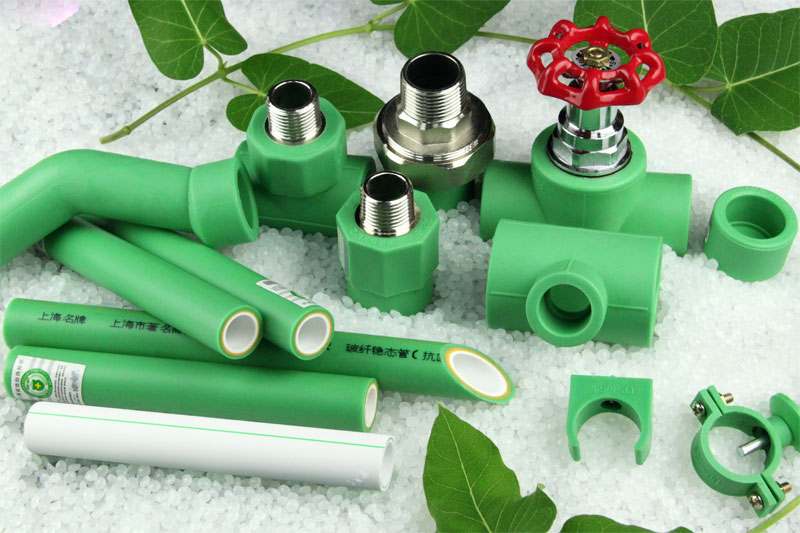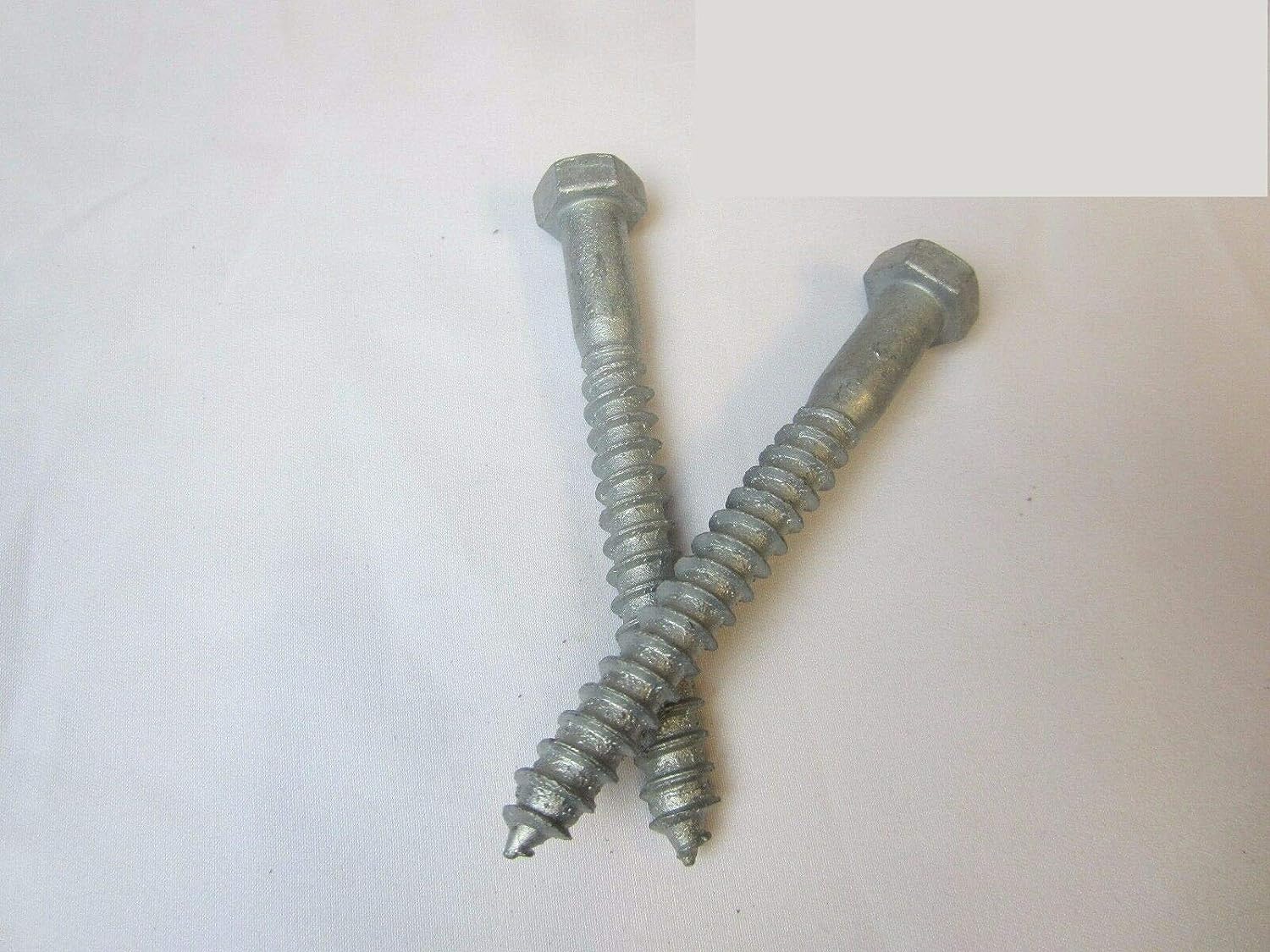1. Introduction to PPR Pipe Manufacturers
Polypropylene Random Copolymer (PPR) pipes have revolutionized the plumbing industry with their outstanding durability, heat resistance, and environmental friendliness. These pipes are increasingly preferred for various applications, including hot and cold water supply systems, heating systems, and industrial fluid transport. The demand for PPR pipes has surged globally, prompting numerous manufacturers to emerge and cater to this growing market. In this article, we will explore the landscape of PPR pipe manufacturers, highlighting the leading companies, their production processes, quality control measures, and their commitment to sustainability.
2. Leading PPR Pipe Manufacturers in the Market
Several manufacturers have distinguished themselves in the competitive market of PPR pipes, setting benchmarks for quality and innovation. Among the industry leaders are companies like Wavin, Aquatherm, and Bänninger. These manufacturers have built their reputations on extensive research and development, state-of-the-art manufacturing facilities, and adherence to international standards. Wavin, for instance, is renowned for its comprehensive range of PPR piping solutions that cater to diverse needs, from residential plumbing to large-scale industrial applications. Aquatherm stands out for its innovative Green Pipe system, which emphasizes environmental sustainability. Bänninger is known for its precision engineering and consistent quality, ensuring reliable performance across various installations.
3. Production Processes and Quality Control
The production of PPR pipes involves several meticulous processes to ensure the final product meets the highest standards of durability and performance. The manufacturing process begins with the selection of high-quality raw materials, primarily polypropylene random copolymer. These materials are then melted and extruded into pipes of various diameters and thicknesses. Advanced machinery and technology play a crucial role in maintaining consistency and precision throughout the production. Quality control is an integral aspect of PPR pipe manufacturing. Leading manufacturers implement rigorous testing protocols at every stage of production. This includes hydrostatic testing to check for pressure resistance, thermal stability tests, and chemical resistance assessments. Such stringent quality control measures ensure that the pipes are not only durable but also safe for use in diverse plumbing applications.
4. Commitment to Sustainability
Sustainability is a key consideration for modern PPR pipe manufacturers. The environmental impact of their products and processes is a significant factor in their operations. Many leading manufacturers have adopted eco-friendly practices, such as using recycled materials in production, minimizing waste, and reducing energy consumption. Additionally, PPR pipes themselves are eco-friendly due to their long lifespan and recyclability. Companies like Aquatherm are at the forefront of promoting sustainable plumbing solutions. Their Green Pipe system, for instance, is designed to reduce carbon footprints by utilizing environmentally friendly materials and production methods. Moreover, these companies actively engage in research to develop more sustainable practices and products, contributing to the global effort of reducing environmental impact.
In conclusion, PPR pipe manufacturers play a pivotal role in the plumbing industry, providing high-quality, durable, and sustainable solutions for various applications. The leading manufacturers have distinguished themselves through innovation, rigorous quality control, and a commitment to sustainability. As the demand for PPR pipes continues to grow, these companies are well-positioned to lead the way in delivering reliable and eco-friendly plumbing solutions.floor heating pipe


